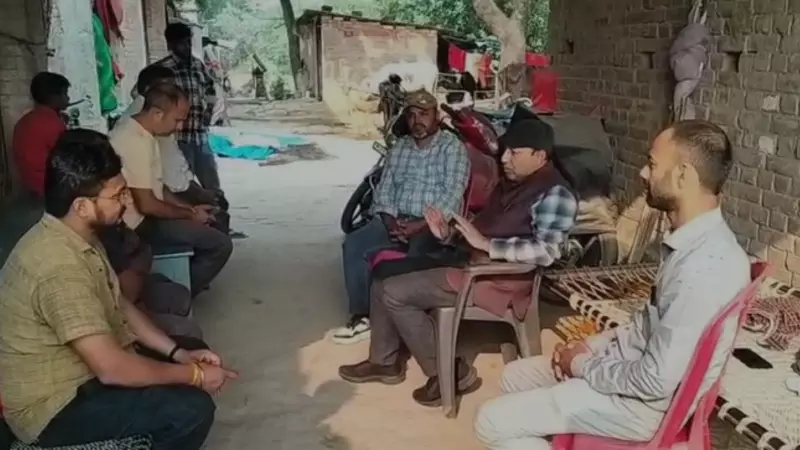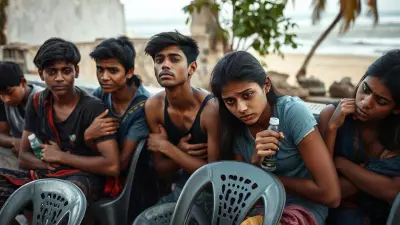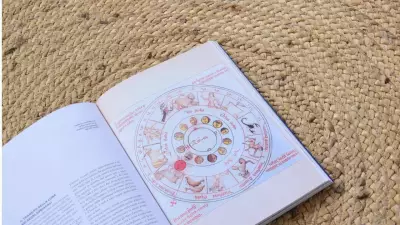
A rabies scare has gripped Ramdeeh village in Uttar Pradesh's Gorakhpur district, prompting more than 150 residents to urgently seek anti-rabies vaccinations over the past four days. The panic erupted after villagers consumed religious prasad made from the milk of a cow that allegedly died from a dog bite.
How The Rabies Scare Began
The chain of events started approximately a week ago when a cow belonging to Dharmendra Gour, a private firm employee in Gorakhpur, suddenly fell ill. Concerned about the animal's condition, Gour called a veterinarian who examined the cow and made a startling observation.
"After examining the cow, the doctor said it appeared to have been bitten by a dog and that the rabies infection had spread through its body," explained Anil Kumar, the village pradhan who is serving his first term.
The veterinarian recorded a video of the animal and shared it with his senior, who confirmed the likelihood of rabies infection. The senior doctor warned that the cow would soon display abnormal behavior and might not survive, advising that anyone who had consumed the animal's milk should immediately take anti-rabies injections as a precautionary measure.
Prasad Connection Sparks Widespread Panic
The situation took a dramatic turn when villagers realized during a community meeting that milk from the same cow had been used to prepare chana amrit prasad during two puja ceremonies held on October 29 and November 2.
"The milk was added to the prasad because it is considered shubh (auspicious)," the pradhan explained, highlighting the religious significance that inadvertently placed many villagers at potential risk.
As news spread about the cow's condition and subsequent death on Saturday evening, panic quickly swept through the mixed-population village of approximately 3,000 residents. Villagers began rushing to the Primary Health Center in Uruwa, located a few kilometers away, to receive anti-rabies doses.
Health Department's Response and Medical Reality
Responding to the villagers' distress, the Health Department set up a special medical camp on Monday to counsel families, assess risks, and reassure the increasingly frightened community.
Dr. Jai Prakash Tiwari, medical officer at the PHC, provided crucial context about the medical situation. "Locals told us that the doctor who examined the cow had advised them to take the rabies vaccine as a precaution, so they are following that advice," he stated.
Approximately 130-150 villagers across all age groups have received the first of three required rabies vaccine doses so far, with vaccinations administered in two batches. Importantly, Dr. Tiwari confirmed that none of the vaccinated individuals have shown any rabies symptoms.
When questioned about the actual risk of contracting rabies through consuming milk from an infected animal, Dr. Tiwari offered a balanced medical perspective: "So far, there is no evidence that drinking the milk of such an animal causes rabies. However, it is also not possible to say with complete certainty that it can never happen."
The medical officer also revealed a significant detail - there is still no laboratory confirmation proving the cow actually suffered from rabies, making the situation largely precautionary.
Addressing concerns about vaccine availability, Dr. Tiwari assured that the PHC maintains substantial stock of anti-rabies vaccines throughout the year due to frequent dog-bite cases in the area.
The medical camp continues to operate in Ramdeeh village, with health officials working to calm unnecessary panic while ensuring appropriate medical precautions are taken. The incident highlights how quickly health scares can spread through rural communities and the importance of timely medical intervention and clear communication from health authorities.





